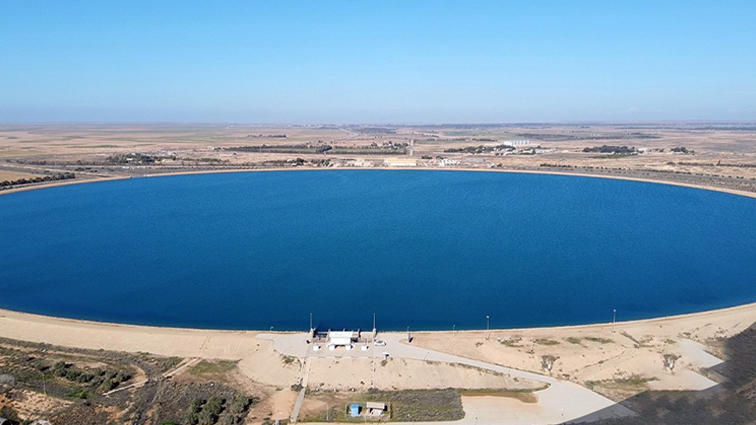Fawzi Al-Sharif, a member of the Board of Directors of the Libyan Man-Made River Authority, denied allegations about Egypt’s exploitation of Libyan groundwater, stressing that Libya is fully aware of its water resources.
Al-Sharif explained during an interview on the “Libya Al-Hadath” channel that there are bodies and organizations monitoring the joint Nubian aquifer project between the Libyan and Egyptian sides, stressing that Libya possesses a huge water reserve shared with Egypt, Sudan and Chad, as the total area of the Nubian aquifer is 2.2 million square kilometers.
Al-Sharif noted that the largest part of this reservoir is located in Egypt, with an area of 828 square kilometers, while Libya comes in second place with an area of 760,000 square kilometers, followed by Sudan and Chad.
He added that the Nubian reservoir has contributed to the investment of many Libyan agricultural projects since the 1970s, especially the Sarir Agricultural Project, and the Man-Made River Project also benefits from it.
Al-Sharif pointed out that the paths of ancient rivers in Libya come from the south, passing through Kufra and heading north, then deviate towards the Qattara Depression in Egypt, and in the opposite direction to the oases, reaching the Gulf of Sirte.
Al-Sharif said that a study conducted by a specialized American agency in 1987 showed that the heavy exploitation of Libyan groundwater in industrial and agricultural projects could affect the flow of groundwater towards Egypt.
He stressed that Egypt depends on groundwater in many of its projects, but this does not mean that it exploits Libyan groundwater, as each country has its own groundwater paths.
The Ethiopian Prime Minister visits Sudan to promote stability and mediate its crisis
